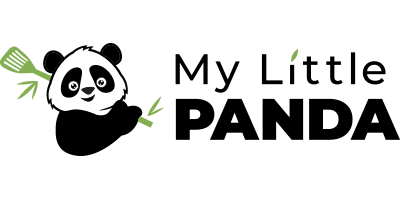Consumer awareness of the dangers of plastic products and their effect on the environment has increased significantly in recent years. However, knowledge and action are different things, and some evidence suggests that while consumers are now more aware of the environmental damage which plastic products can cause, they have yet to change their behaviour.
"The rate of plastic production worldwide has continued to increase."
What Action is Being Taken? To date, UK government action has been limited to the plastic bag tax. This has been gradually rolled out by the UK's devolved assemblies and the UK government over the last decade or so. This caused an immediate 90% drop in the number of plastic bags used in the UK each year. This trend has gradually continued over the last few years and similar patterns have been observed in other countries which have introduced a plastic bag tax.
Unfortunately Government action has not extended to other areas of everyday life, where plastic usage is very high. This means that pressure is on consumers and businesses to change their own behaviour without the helping hand (or in some cases, the forceful nudge) of government intervention.

Businesses Taking the Initiative Fortunately, there have been a few cases of businesses taking steps which reduce the amount of plastic that they use in their everyday operations. Unfortunately, not all of these actions have been an unmitigated success. The high-end supermarket chain Waitrose has been running trials that involve installing several dispensers for everyday store cupboard items such as pasta and cereals in its shops. Instead of buying pre-packed versions of these items that come in wasteful plastic packaging, customers can bring containers with them to the supermarket, (often the same box they would decant the pasta into anyway when they got home), and fill them at the store.

Disposable CutleryThe same also goes for the disposable cutlery and other products offered by many takeaways. Some have switched to bamboo alternatives, others only provide the cutlery if asked, encouraging customers to use what they already have at home.
Fruit and Vegetables On the other hand, the budget supermarket chain Iceland previously announced plans to get rid of the small, clear plastic bags which it provided for customers to put fruit and veg into when they are shopping. Unfortunately, the trial had to be abandoned after a short period as sales of fruit and vegetables dropped significantly due to the lack of bags.
“Encouraging people to make significant changes to the things they do regularly, even if they seem like small and subtle ones is a difficult thing to do. The problem is that, as a planet, we are running out of time and radical action may be the only way to stop the climate crisis that we are heading towards."
What Will Happen Next? The Iceland case highlights one of the problems with the war on plastic faced by businesses and governments; there are only so many habits which consumers can change quickly. Encouraging people to make significant changes to the things they do regularly, even if they seem like small and subtle ones is a difficult thing to do. The problem is that, as a planet, we are running out of time and radical action may be the only way to stop the climate crisis that we are heading towards.

Making MovesEven making the tiniest lifestyle changes can make a massive difference. By cutting down on your plastic use, and changing your purchasing decisions, you send a message to manufacturers and suppliers that you, as the consumer, want less plastic and more sustainable options to buy. The impact of your small changes also builds up over time, so by eliminating a small amount of plastic, the difference over a period of a year can be quite significant.
